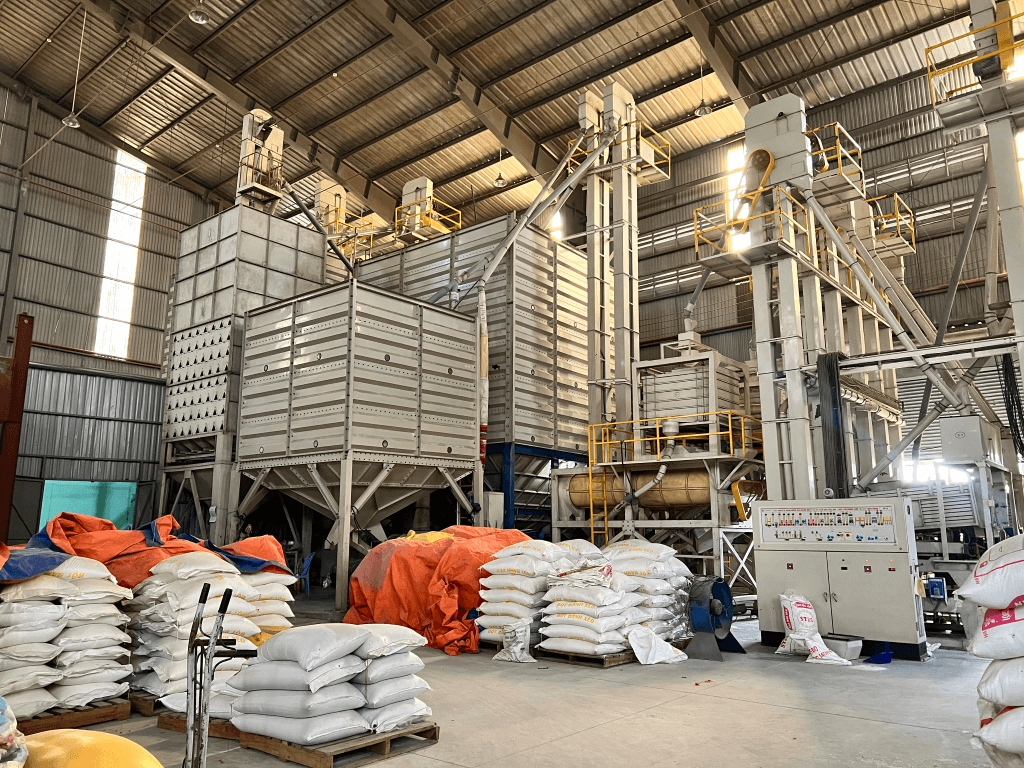The Nigerian government has announced that guidelines for exemption of import duties and taxes on food items will be implemented from next week. The move is part of the President’s Acceleration and Stabilization Plan to combat rising food inflation across the country.
150-Day Duty Free for Maize, Rice and Wheat
In July, the government approved a 150-day duty-free window for the importation of maize, brown rice and wheat. The move is aimed at easing price pressures in the domestic food market and ensuring stable supply.
Speaking at a meeting of security chiefs in Abuja, the Director General of Customs, Bashir Adeniyi, said the implementation of the policy will begin as soon as the guidelines are finalized. Mr Adeniyi explained that the delay in implementation was to ensure the interests of all stakeholders, including domestic farmers.

Mr Adeniyi urged Nigerians to be patient, saying that some imported items that have arrived in the country will be cleared without paying duties and VAT. He stressed that the exemption will help reduce food prices in the market and that the Nigerian Customs Service is committed to implementing the policy in line with the Government’s directives.
The Nigerian government hopes that the exemption of duties and VAT on imported food items will help stabilize prices and ease the hardships of the people. The policy is not only aimed at addressing food inflation but also takes into account the interests of domestic farmers who are also producing these crops.
Other Efforts by the Government
In addition to the tax exemption, the Government has implemented other interventions such as the distribution of strategic food from the national reserves to the states in the federation. These efforts are aimed at reducing the impact of inflation and ensuring that the people have enough food amid the economic hardship.

Nigeria’s food import duty exemption policy is a strategic move to reduce food inflation and ensure food security for the people. With the commitment of Customs and other relevant agencies, it is hoped that food prices will soon stabilize, bringing practical benefits to the Nigerian people.
The government decided to exempt tax to reduce food inflation and ensure stable supply for the people. The foods include corn, brown rice, and wheat. The tax holiday period is 150 days. The government has considered the interests of domestic farmers who also produce these crops to ensure a balance between long-term and short-term benefits. The government has distributed strategic food items from the national reserves to the states to ease the hardships of the people amid food inflation.



